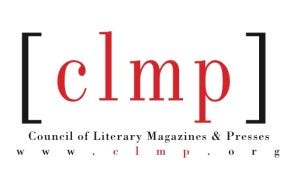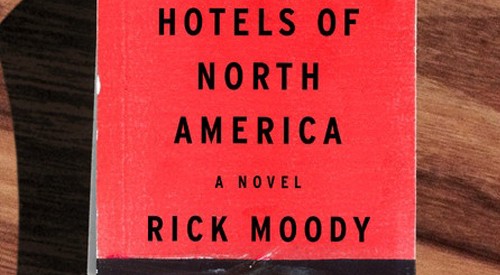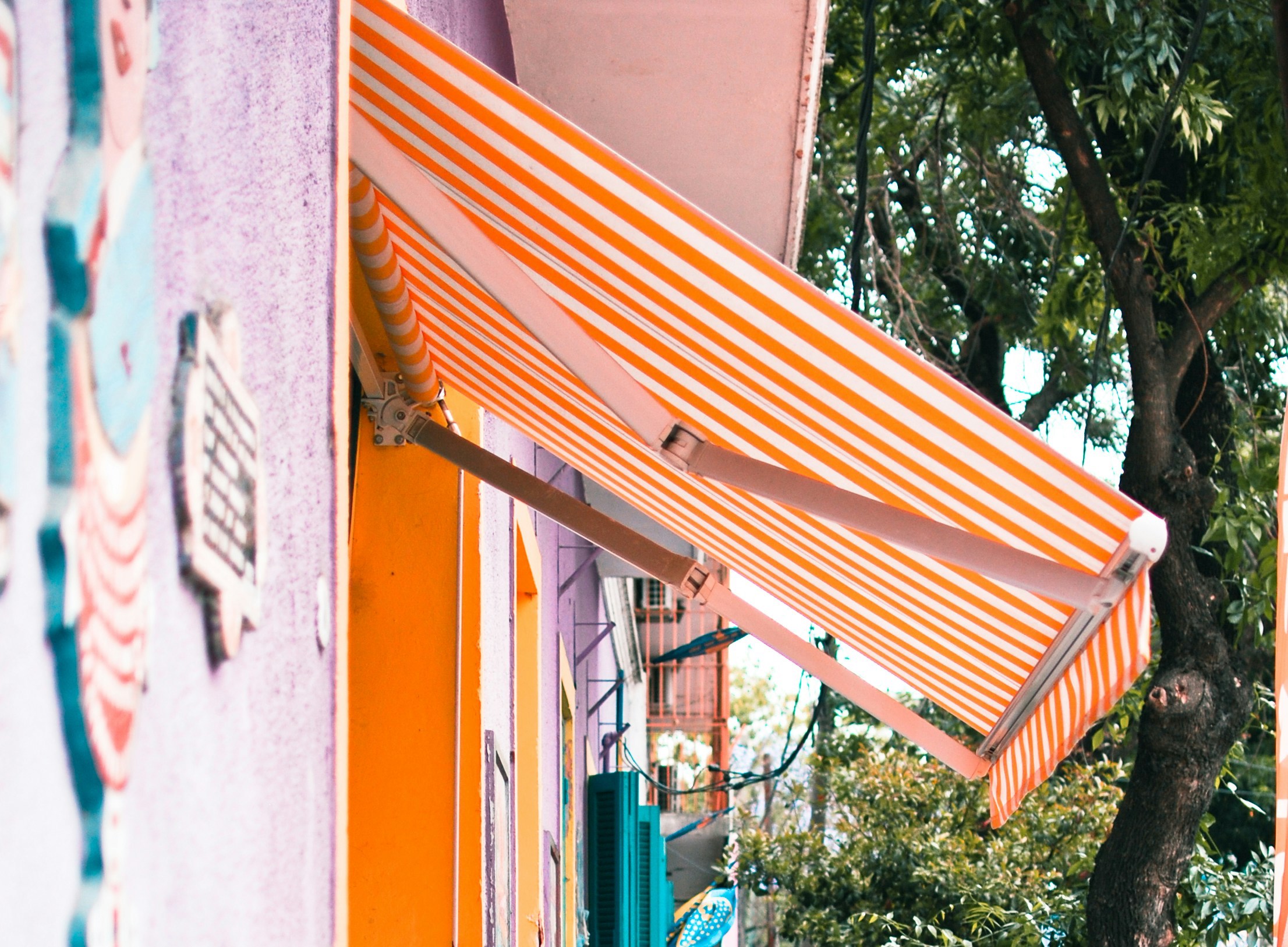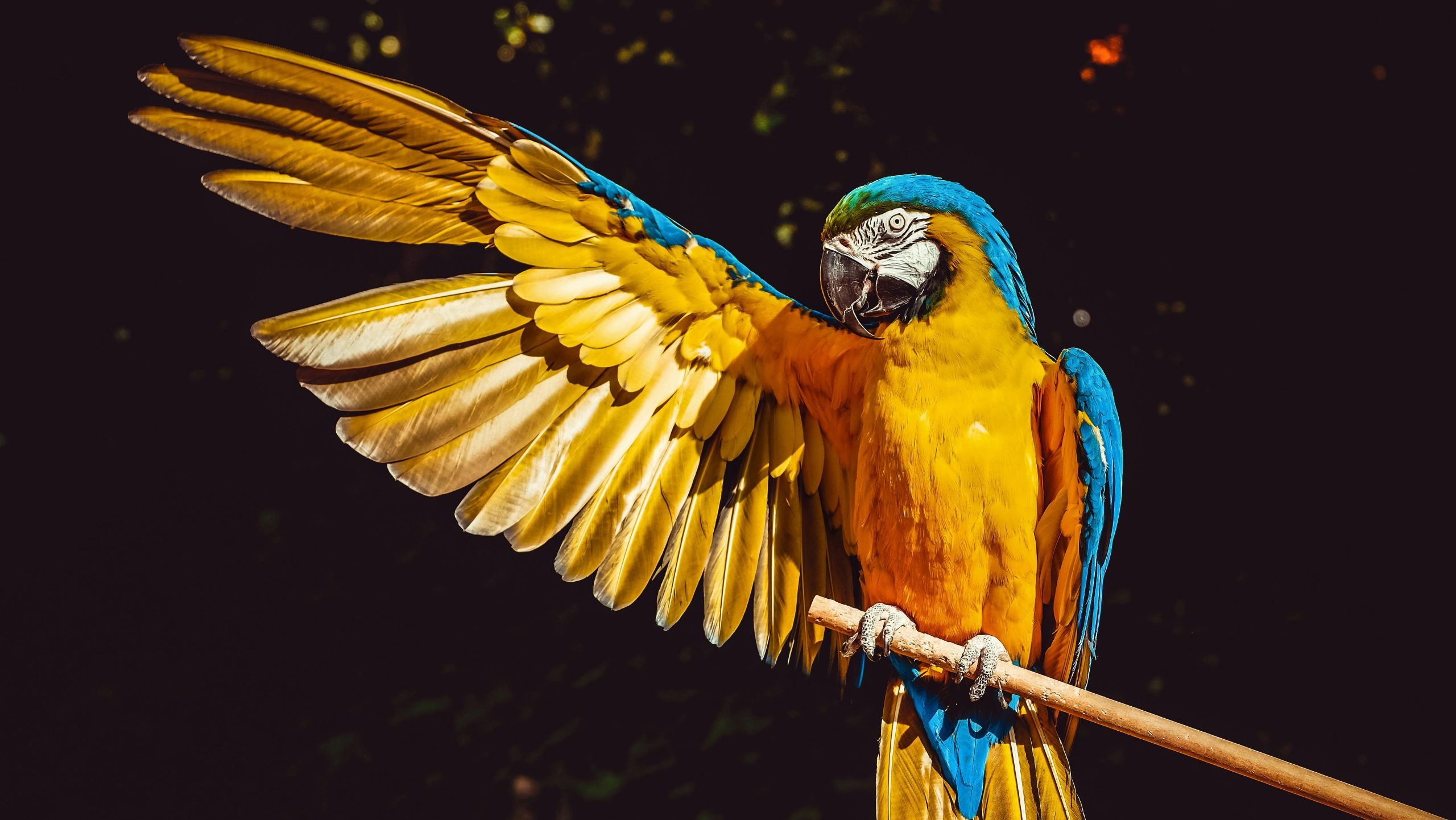Craft
Boundaries Of Empathy & Identity: Olufemi Terry On Cape Town And Coetzee’s Long Shadow
Boundaries Of Empathy & Identity Olufemi Terry on Cape Town And Coetzee’s Long Shadow

We’ve asked some of our favorite international authors to write about literary communities and cultures around the globe. We’re bringing you their essays in a new series: The Writing Life Around the World. The next installment is by the Sierra Leone-born author Olufemi Terry, on the writing life in Cape Town, South Africa.
In February 2008, a few days before I began my M.A in creative writing, an administrator in University of Cape Town’s English department asked me if there were any particular writer I wished to have for my advisor. The one I had been originally assigned, an American, had been let go, apparently so that the department could make a quota hire. Rumor said a Zambian poet had been taken on but I never learned the truth of this, nor ever met the poet. It was an incident of significance: Apartheid was not yet fifteen years dead and Black Economic Empowerment (BEE), South Africa’s affirmative action program, was a contentious issue in the worlds of sport, academia, and business.
While inquiries went out to a novelist I admired, an interim advisor was named for me, a well-established Afrikaans-language writer who warned, on meeting me for the first time, that I should not expect much in the way of friendliness from Capetonians. He may have said something about Table Mountain having something to do with this, about nature exerting an influence on the temperament of locals but it may be a false memory.
A month earlier, with post-election violence breaking out in Kenya, I’d left Nairobi for Cape Town. I chose UCT for its affordable tuition and because I had a vague idea J.M. Coetzee taught there.
Coetzee of course decamped to Australia — to Adelaide — in 2002, a few years after the publication of his novel Disgrace.
Another Cape Town novel influenced my decision to relocate, K. Sello Duiker’s Quiet Violence of Dreams. I’d read Quiet Violence, in the nights, while working on a short project at Gulu in Northern Uganda (the brutality conveyed in one particular chapter is as persistent in memory as what I observed in the child-soldier rehabilitation camps). The lurid Cape Town Duiker depicted in Quiet Violence scarcely resembled the bright and glinting place I had visited on holiday. Now I intended it as an escape from Nairobi, which was itself a refuge from New York, the city where I’ve lived longest. In Nairobi there was a divide between expatriate and Kenyan, and after three years I’d wearied of straddling it and of being unable to go about on foot. Cape Town, as it seemed, promised something intermediate between New York and Nairobi.
I was going there with no other occupation but I did not yet think of myself as a writer. I had produced two short stories, neither of which had been published. I’d attended one or two Kwani sessions in Nairobi but I did not see my own likeness in the young Kenyans giving earnest readings of poetry and fiction; they took care to set themselves apart in dress and manner.
Perhaps my placeholder M.A advisor was hinting in that first meeting that he would offer little in the way of literary guidance. Each of us had been saddled with the other: I was writing a novel about Africans in New York; a powerful short story of his that I read in translation was set in the Karoo. We were no natural match
And in South Africa, where the roles of transgressor and aggrieved seemed so fluid, so exchangeable, the boundaries of identity and empathy are stark.
He wrote what he knew. And in South Africa, where the roles of transgressor and aggrieved seemed so fluid, so exchangeable, the boundaries of identity and empathy are stark. Marketing concerns deterred some writers from devising characters outside their own demographic but it was also about appropriation and the fear of committing new forms of imperialism. Much later I understood these things.
Cities contain paradoxes within them but none I have lived in had so many as Cape Town. The environment — land and sea — is romantic in a German, Sturm und Drang sense. Table Mountain looms like a panopticon tower over semi-desert; the rocky Atlantic “wild sea” throws up high, cold waves.
And yet Cape Town has a European look, and its suburbs and wilderness areas contain little wildlife. Looking up from the shoreline, one sees bare, sere slopes on which nothing stirs.
Nor was I easy in mind about whether this was a city, or just a downtown of a few blocks surrounded by suburbs. There’s a nickname for the city, Slaapstaad, which plays on its Afrikaans name, Kaapstad. Slaapstad means sleepy city, a reference to the comparatively short workday but also to a general complaisance.
Cape Town stood apart, its citizens were aware of how far away Johannesburg was. Durban was also remote but Cape Town’s distinction was geographic and political: the Western Cape was the sole provincial government in South Africa not controlled by the ANC. During apartheid the city had a reputation as the most liberal in the country. That aura of exceptionalism persisted after 1994, but Johannesburg, larger and more commercially focused, has become better integrated. In Cape Town, there are currencies other than money.
Cape Town’s writers reflected the wider community. And UCT, with its writing program and the bright names attached to it, Coetzee and Andre Brink foremost, carried an outsize literary prestige. In Johannesburg there was Nadine Gordimer but she did not quite loom over that city in the same way.
It seemed the mark of an excellent novel that it should piss off black and white alike in this fractured country.
Of Coetzee, I learned from those he had taught that he was laconic in the extreme, had rarely been seen to laugh. White South Africans in publishing circles, seemed not to like Disgrace. The novel — and Coetzee himself — had come in for criticism also from black politicians, including Thabo Mbeki. It seemed the mark of an excellent novel that it should piss off black and white alike in this fractured country.
Coetzee had gone but Brink remained at UCT — I’d see him at readings, the beaky face — and other writers besides that were less well known. By and by, I met them, writers of poetry, crime novels, memoir, literary fiction of a pastoral nature.
The community of writers and poets in Coetzee’s long shadow seemed small, a little incestuous but I have no point of comparison; perhaps literary Brooklyn is the same. Spats flared, also feuds and there were accusations of plagiarism and bad faith. In such a close environment having no opinion seemed most politic and I did not try to ingratiate myself.
There were two English-language literary poles in Cape Town. There was a mainstream centered more or less on UCT but taking in also the local publishing houses like Umuzi and Straik, which is now part of Random House. Members read from their work in Kalk Bay or at the Franschhoek Literary Festival.
The other sphere had at its center Chimurenga magazine and its founder Ntone Edjabe. Edjabe had strong ties to thinkers at University of the Western Cape, a stalwart in the Apartheid struggle. Chimurenga thrived in Cape Town’s insular and cagey cultural arena precisely because it was eclectic and unafraid of esotericism; Edjabe seemed to have noticed before anyone else that Cape Town was an excellent place, because cloistered, from which to survey and probe the world.
Edjabe seemed to have noticed before anyone else that Cape Town was an excellent place, because cloistered, from which to survey and probe the world.
I was drawn to both of these as I tried to teach myself to write, and to live in a new way. There was little traffic between the two. You had to “get” Chimurenga to appreciate its value and influence in the city and not many were knowledgeable or even curious about the phenomenon of farotage, or the footballer El Negro Jefe. But Chimurenga was also a refutation of Cape Town’s major tropes — romantic isolation, exceptionalism, sacred nature.
Equally, Coetzee’s austere rectitude colored my aspiration, as it did many local writers, and I hoped to emulate not only his writing but his evident unwillingness to perform the subterfuges that are part of the human game. Although in Coetzee’s case it was perhaps inability rather than reluctance. I found it easy to connect the region’s history and geography with Coetzee’s temperament and to convince myself that seclusion and a curt manner were necessary conditions for advancement as a writer.
At no time were my feelings of sacrifice to a craft stronger than in the damp low season when the city acquired an abandoned, dispirited character. During that first Cape winter I hunkered for four or five hours each day over my computer drinking cups of tea, an electric oil heater by my knee.
In June — summer in the Northern hemisphere — holiday quarters in the city were more or less shuttered and rather than taking a sundowner drink as in the Cape summer, I escaped for long shivering walks with a friend along the misted strand near Cape Point. By such rituals I prolonged the romance of the city.
While it did not seem strange to be engaged in writing fiction about West Africans in New York at the austral tip of the continent, I became impatient with that manuscript. I had been at work on it, off and on, for too long. But there was more: I was eager to write about Cape Town. I’d arrived with honeymoon ideas of the place after one or two previous holiday visits, and been disabused within a few months.
But my impressions of the city, of my own place in it did not stay still. By coincidence I was writing about New York and thinking about that city over many months in Cape Town. Coincidence because it was in Cape Town that the last vestige of New York went out of me, that I ceased to be a New Yorker although I had already ceased to think of myself as one.
I did not become a Capetonian, nor do I believe this was possible even had I wished it…
I did not become a Capetonian, nor do I believe this was possible even had I wished it, in the way an outsider who’s lived in a Spanish village for twenty years knows he will never belong. But I’d found in Cape Town a city more vexing, slippery and contested than even the fast-gentrifying New York I fled in 2003. And I, a longtime student of tribe and social class, became somehow more and less conscious of both.
Eventually, and after very nearly the same interval of time I spent in Nairobi, I left Cape Town. The reasons had little to do with writing, nor was there the urgency I had known in quitting Nairobi. I had published a bit more than on my arrival, including a short story set in Cape Town. I had eked out a space for myself but there was a familiar listlessness and claustrophobia.
When I moved to Germany, I was no closer to publishing the New York novel. And at last a moment came when a choice presented itself: rework it further — just one more rewrite — or start something entirely fresh: a narrative that had been working in my head for a year, the Cape Town novel I’d wished to read since Quiet Violence and Disgrace but had never discovered. And I set the New York novel to one side.
About the Author
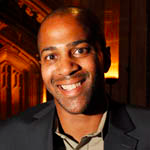
Olufemi Terry, essayist and fiction writer, has published in African, American and European publications, among them Chimurenga, Los Angeles Review of Books and Guernica. In 2013, he produced with Marco Lachi how does it feel to be leaving the most beautiful city in the world, a collaborative book of text and photographs about Cape Town. He lives in Washington, DC.
You can find all the essays from The Writing Life Around the World at Electric Literature.
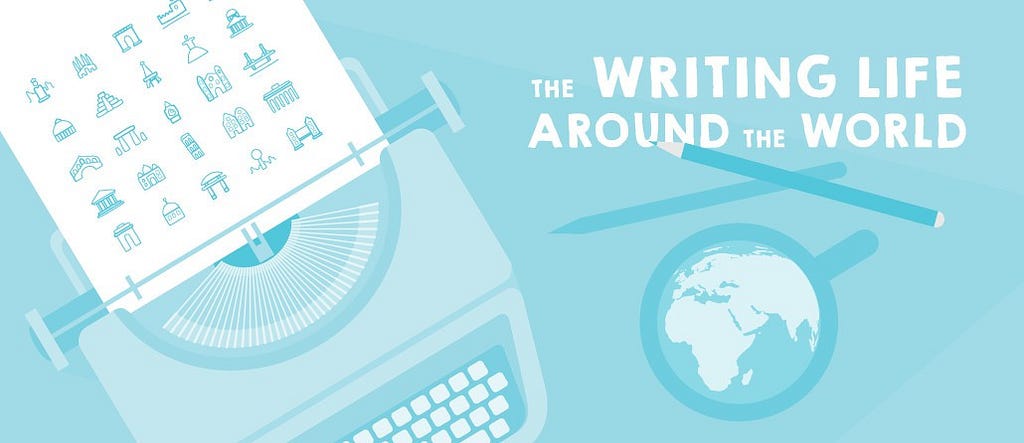
The Writing Life Around the World is supported by a grant from the Council of Literary Magazines and Presses and the New York State Council on the Arts.
